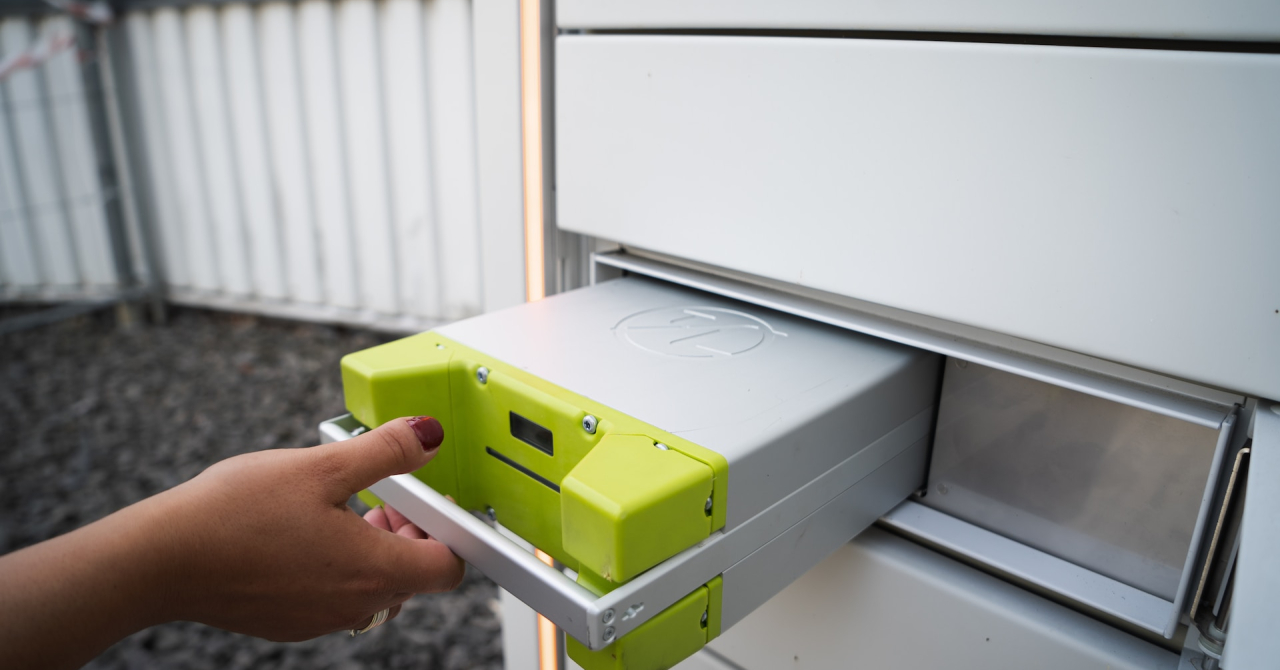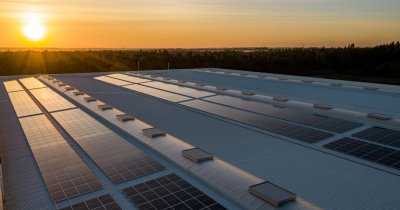Charged EVs writes that one of the cells that will benefit from this technology is the LytCell lithium-sulfur EV battery, which has a 60% smaller carbon footprint compared to traditional lithium-ion batteries. Also, due to the fact that this kind of battery cells don't use rare earth metals, such as nickel or cobalt, they can be manufactured in Europe and North America with locally sourced materials, eliminating the supply constraint.
Lyten officials plan for the company to start large scale manufacturing for lithium-sulfur batteries in 2023, as well as 3D graphene composites for those who need them.
Dan Cook, President and CEO of Lyten, said that "among the automotive product innovations being transformed by Lyten 3D Graphene are lithium-sulfur batteries with the potential to deliver more than twice the energy density of lithium-ion, payload-improving lightweight vehicle composites, and new modes of sensing that do not require chips, batteries or wires."
 Mihai - Cristian Ioniță
Mihai - Cristian Ioniță












Any thoughts?